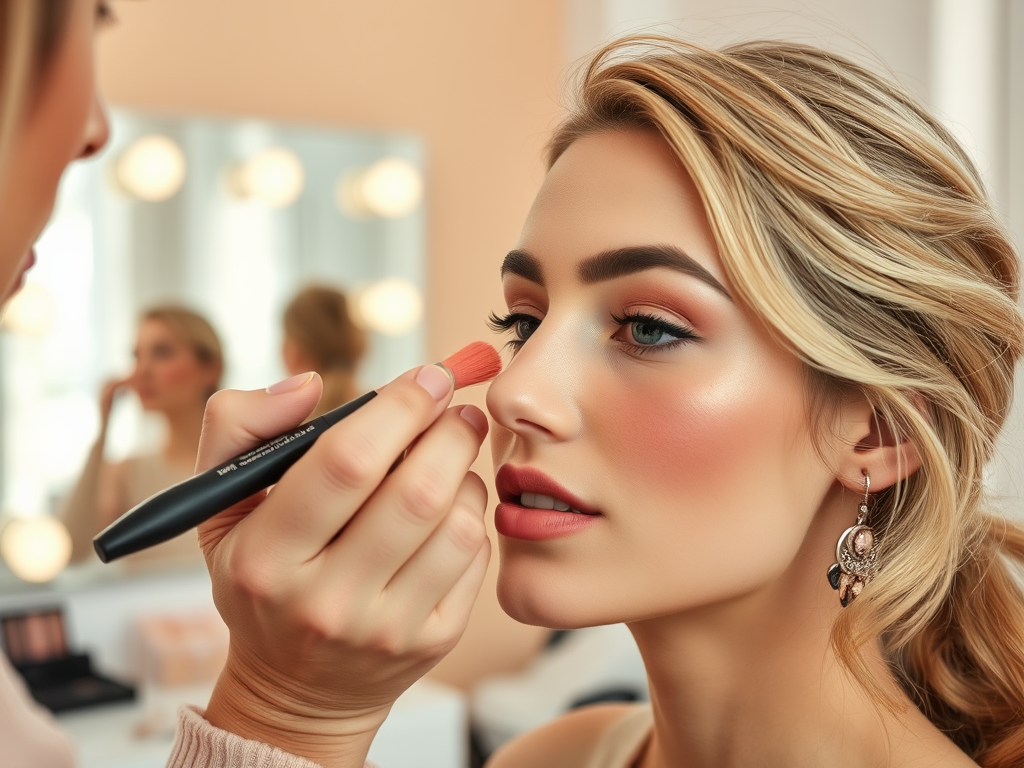Achieving and maintaining skin elasticity as you age is not a fortuitous event but a result of diligent care and attention. The art of conserving skin’s youthful suppleness lies in adopting a holistic approach that influences your lifestyle and skincare habits. Experts agree that a combination of factors, including diet, skincare regimen, and protection from external damage, plays a significant role in supporting the skin’s natural ability to bounce back. In this article, we will explore various methods and insights that can help you preserve your skin’s elasticity for years to come.
The Importance of a Balanced Diet

Your diet plays a pivotal role in maintaining the elasticity of your skin. Consuming nutrient-rich foods that provide essential vitamins and minerals contributes to skin health by promoting collagen production and hydrating skin cells. An emphasis on antioxidants, found in fruits and vegetables like berries, spinach, and broccoli, can reduce oxidative stress, protecting the skin from premature aging.
Incorporate these key nutrients into your diet to promote skin elasticity:
- Vitamin C: Stimulates collagen production. Found in citrus fruits, strawberries, and bell peppers.
- Omega-3 fatty acids: Help to maintain skin barrier and hydration. Found in fish, flaxseeds, and walnuts.
- Zinc: Supports skin repair and regeneration. Found in nuts, seeds, and whole grains.
Maintaining a balanced diet rich in these nutrients provides the foundation for healthier, more resilient skin.
Adopting a Consistent Skincare Routine

A comprehensive skincare routine tailored to your skin’s needs can significantly impact skin elasticity. The key is consistency and using products that hydrate and support the skin’s natural functions. Cleansing, toning, and moisturizing are essential steps, but don’t overlook the importance of serums and treatments with active ingredients designed to boost collagen production.
Here is a step-by-step skincare routine to enhance skin elasticity:
- Cleanse: Use a gentle cleanser to remove dirt and oil without stripping away natural moisture.
- Exfoliate: Regularly exfoliate to remove dead skin cells and promote cell renewal.
- Treat: Apply serums rich in Retinol or peptides to stimulate collagen production.
- Moisturize: Use a hydrating moisturizer to maintain skin moisture levels.
- Protect: Always apply a broad-spectrum sunscreen to protect against UV damage.
Following this routine not only helps in enhancing elasticity but also improves overall skin health.
Stay Hydrated
Hydration is crucial to maintaining skin elasticity. Adequate water intake keeps the skin moisturized from the inside out, supporting the structural components of your skin, like collagen and elastin. It helps to prevent skin from becoming dry and brittle, which can lead to a loss of resilience.
To ensure your skin stays hydrated:
- Drink at least eight glasses of water daily.
- Consume water-rich foods like watermelon, cucumber, and oranges.
- Use a humidifier in dry environments to prevent moisture loss from your skin.
Keeping your skin well-hydrated is essential for maintaining its suppleness and elasticity over time.
Protect Your Skin from External Damage
Your skin is constantly exposed to external threats that can deteriorate its elasticity. Protecting your skin from harmful environmental factors is crucial in maintaining its health. One of the most damaging elements is sun exposure, which can accelerate the breakdown of collagen and elastin fibers.
Protect your skin by:
- Applying a broad-spectrum sunscreen every day, even on cloudy days.
- Wearing protective clothing like hats and sunglasses when outdoors.
- Limiting time spent in direct sunlight, especially during peak hours.
Proactively defending your skin against these harmful factors will preserve its elasticity and delay the signs of aging.
Regular exercise boosts circulation, which in turn provides the skin with essential nutrients and oxygen, helping to enhance elasticity. Physical activity also stimulates the production of natural oils, maintaining the skin’s suppleness. Exercise also helps to reduce stress, which is known to negatively impact skin health.
Incorporate these exercises to support healthy skin:
- Cardio: Activities like running or cycling improve blood flow to the skin.
- Strength Training: Helps tone muscles and skin.
- Yoga: Practice to improve flexibility and relieve stress, promoting better skin health.
By keeping active, you not only support your body’s overall wellness but also the resilience and elasticity of your skin.
Conclusion
Maintaining skin elasticity is a multi-faceted approach that involves nourishing your body from the inside out and adopting protective measures to shield your skin from external damage. By eating a balanced diet rich in vital nutrients, establishing a consistent skincare routine, staying hydrated, protecting your skin from harmful UV rays, and incorporating regular exercise, you can significantly diminish the effects of aging on your skin’s elasticity. Commit to these expert-recommended strategies to enjoy fresher, firmer skin as the years pass.
Frequently Asked Questions
1. What foods can I eat to improve skin elasticity?
Foods rich in antioxidants, such as berries, leafy greens, and citrus fruits, are excellent for skin health. Omega-3 rich foods like fish and nuts also support skin firmness by improving barrier function and reducing inflammation.
2. How can I protect my skin from losing elasticity due to sun exposure?
Apply a broad-spectrum sunscreen daily, wear protective clothing, and limit sun exposure, especially during peak hours. Sunscreen acts as a barrier to prevent UV rays from accelerating the breakdown of skin collagen.
3. How does hydration affect skin elasticity?
Adequate hydration helps keep skin cells plump and resilient, supporting the overall structure of the skin. It prevents dryness and helps maintain a supple, elastic appearance.
4. Can exercise help improve skin elasticity?
Yes, regular exercise boosts circulation, which enhances nutrient and oxygen delivery to the skin, promoting elasticity. Exercise also helps reduce stress, which can negatively impact skin health.
5. What skincare ingredients should I look for to enhance skin elasticity?
Look for products containing retinol, peptides, and hyaluronic acid. Retinol promotes collagen production, peptides support skin firmness, and hyaluronic acid provides intense hydration.



